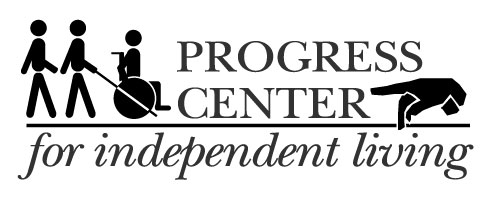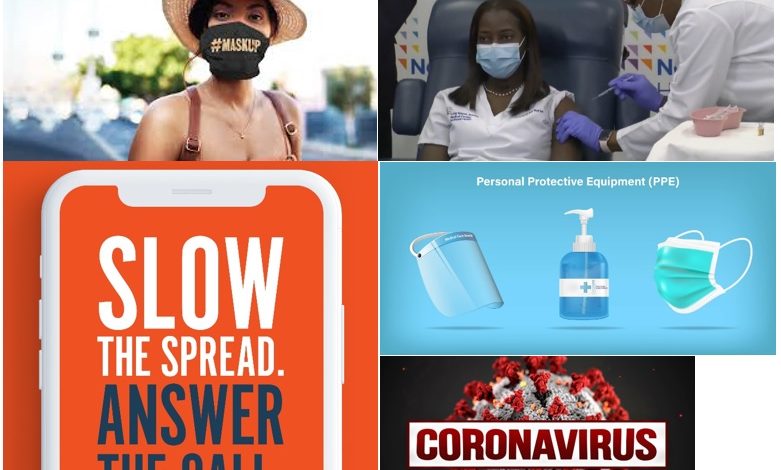The Ending of the Public Health Emergency — May 11, 2023
This week, President Biden announced that the National Public Health Emergency connected to the Covid-19 Pandemic would end in the spring. The date for the end of the emergency is set as May 11, 2023. Governor JB Pritzker of Illinois made a similar announcement. The end of the Public Health Emergency will impact millions of people in Illinois and around the country. Yesterday, (February 1, 2023) Access Living, the Center for Independent Living that serves Chicago, shared a message with information about how the end of the emergency will impact people. In this post, Progress Center is reposting the content shared by Access Living on February 1, 2023.
Here is the post from Access Living:
What is the PHE? At the beginning of the Covid pandemic, the President declared a Public Health Emergency (PHE), which allowed the federal government greater flexibility in its capacity to address urgent needs related to Covid. Governors also issued their own PHEs to allow state agencies to act with greater speed and flexibility. Examples of disability-related exceptions under the PHE include:
-Waiving or modifying certain Medicare and Medicaid requirements, such as for enrollment
-Allowing increased use of telehealth
-Adjusting or increasing certain benefits like SNAP
-Disaster relief payments, which many disabled people have used
What will happen when the PHE ends on May 11? The ending of the PHE means that several government systems, as well as government-funded provided, will see changes—but many changes made during the pandemic will also stay. See this news article from the AP for a good overview from a national perspective. The ending of the PHE means possible changes in accessing Covid tests, vaccines, and treatments; access to Medicaid; student loan forgiveness; immigration at US borders; telehealth; SNAP; state Covid emergencies; and hospital funding.
If you live in Illinois, what do you need to know? First, if you rely on Illinois Medicaid, you absolutely need to make sure that your name and contact information is up to date, so you are not bumped off Medicaid. You can do that at this link, which also offers a phone or TTY option. Second, if you participate in SNAP, you need to know that as of March 1, SNAP money will return to pre-pandemic levels. During the pandemic, there were extra funds called Emergency Allotments. Those will stop starting March 1. This will affect about two million people statewide. See this news article about the SNAP change and this page from DHS about the SNAP changes. It is very important to make sure your ABE case information is up to date at this link, so you can receive the maximum SNAP benefits possible when the PHE ends.
*****
Progress Center is grateful to Access Living for developing and sharing this information. Progress Center will continue to share information as we approach the end of the Public Health Emergency.


